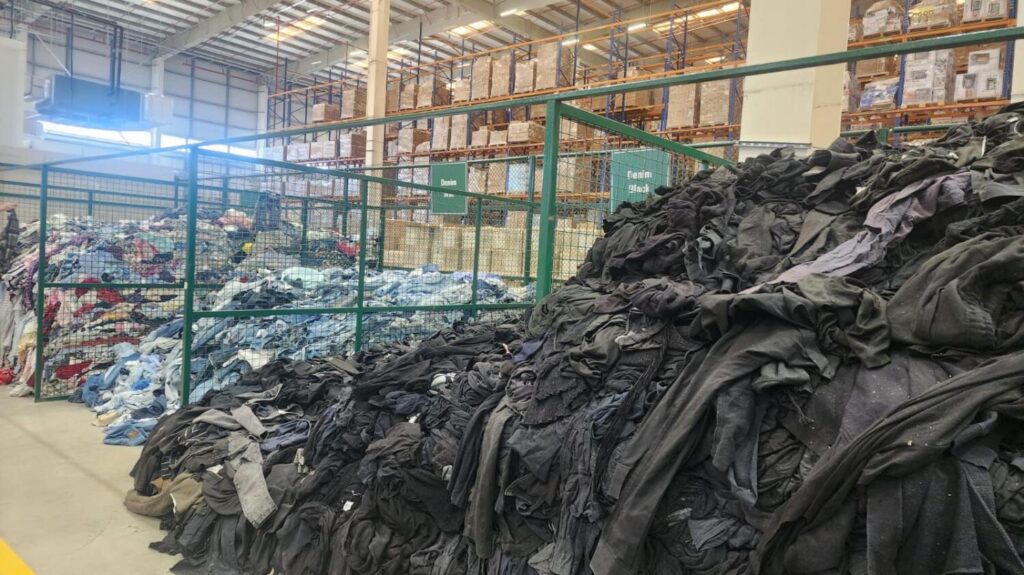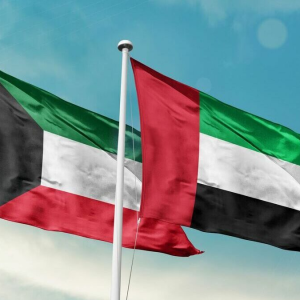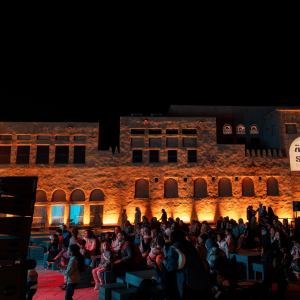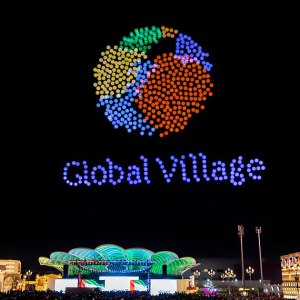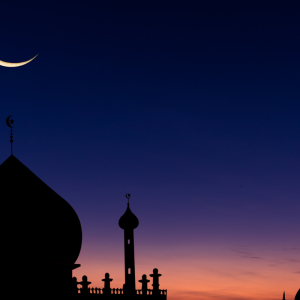Transforming the Counterfeit Crisis
In a groundbreaking move to tackle the global counterfeit goods problem, the UAE is stepping up its efforts by recycling confiscated fake Goods and turning them into valuable, legitimate items. A new factory in Dubai is set to play a pivotal role in this ambitious initiative, which not only addresses the issue of counterfeit goods but also contributes to sustainability and the UAE’s growing reputation as a hub of innovation.
This initiative is seen as a significant leap forward in combating the sale of fake goodsthat flood markets worldwide. By reprocessing these goods, Dubai’s factory aims to reduce the environmental impact associated with counterfeit items while offering a sustainable solution to a growing global concern.
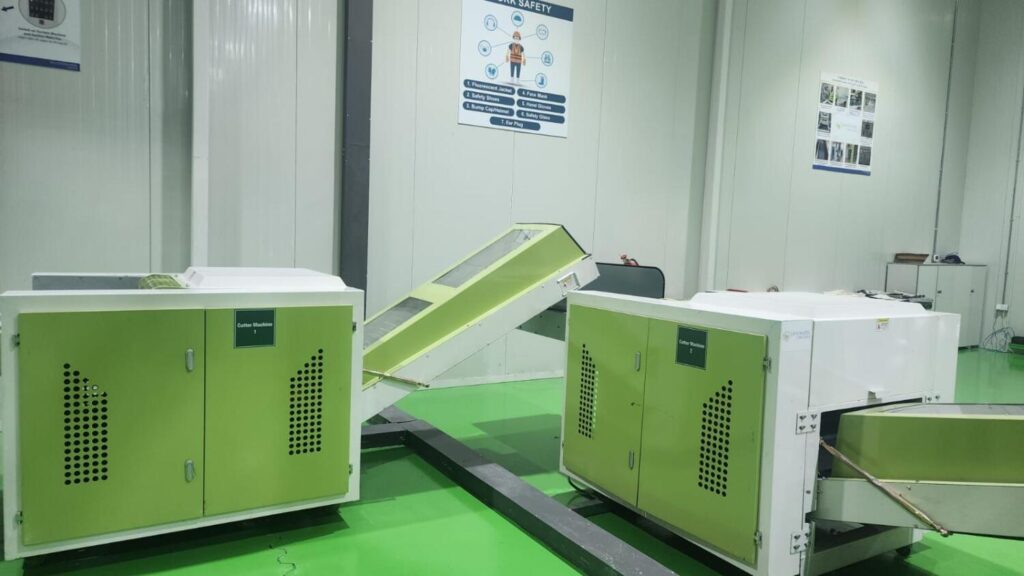
UAE’s Strategy to Combat Counterfeit Goods
The UAE has long been a leader in protecting intellectual property rights, and this new project highlights the country’s commitment to fighting counterfeiting in a way that benefits both the economy and the environment. The factory, strategically located in Dubai, will focus on confiscated fake goods, such as electronics, fashion items, cosmetics, and toys. These items, often seized by authorities in anti-counterfeit operations, will be carefully reprocessed and repurposed for legal use.

Rather than destroying these fake goods, which typically end up in landfills, the UAE has found a way to recycle and rebrand them. This sustainable approach ensures that counterfeit goods do not further harm the environment, offering an eco-friendly alternative to the traditional disposal method.
The UAE’s efforts align with its broader commitment to sustainability, which includes initiatives aimed at reducing waste, promoting recycling, and preserving natural resources. By recycling counterfeit goods, the country is setting an example for the rest of the world in how to address both intellectual property theft and environmental damage.

The Role of Dubai’s Factory in Recycling and Rebranding
At the heart of this revolutionary project is the new factory in Dubai. This facility will serve as the primary hub for reprocessing fake goods, transforming them into legitimate, marketable products. The factory will employ advanced technologies, including sophisticated machinery and expert craftsmanship, to strip away the branding and counterfeit markings from the goods and give them a new, authentic identity.
The rebranding process will ensure that the products meet the standards required for sale in the UAE and international markets. This includes verifying that the items are safe, functional, and compliant with all regulations. With this initiative, Dubai is not only tackling the counterfeit trade but is also positioning itself as a leader in innovation, sustainability, and responsible manufacturing.
Enhancing the Fight Against Fake Goods
Counterfeit goods have long been a global issue, costing businesses billions of dollars in lost revenue each year. These fake goods often undermine consumer trust, harm legitimate businesses, and pose risks to public safety. The UAE’s innovative approach to dealing with counterfeit goods goes beyond simple destruction, providing a sustainable solution that turns the tide on this pervasive issue.
By recycling counterfeit items, the UAE is contributing to the global fight against fake products in a meaningful and practical way. The country’s efforts go hand-in-hand with its larger goals of enhancing intellectual property protection, supporting ethical business practices, and promoting a culture of transparency and trust in both local and global markets.
The initiative also aligns with global sustainability goals, with the UAE aiming to reduce its carbon footprint and waste through innovative recycling methods. By rebranding confiscated goods, the country is actively helping to reduce the environmental impact of counterfeit items while simultaneously providing legitimate, high-quality products to consumers.
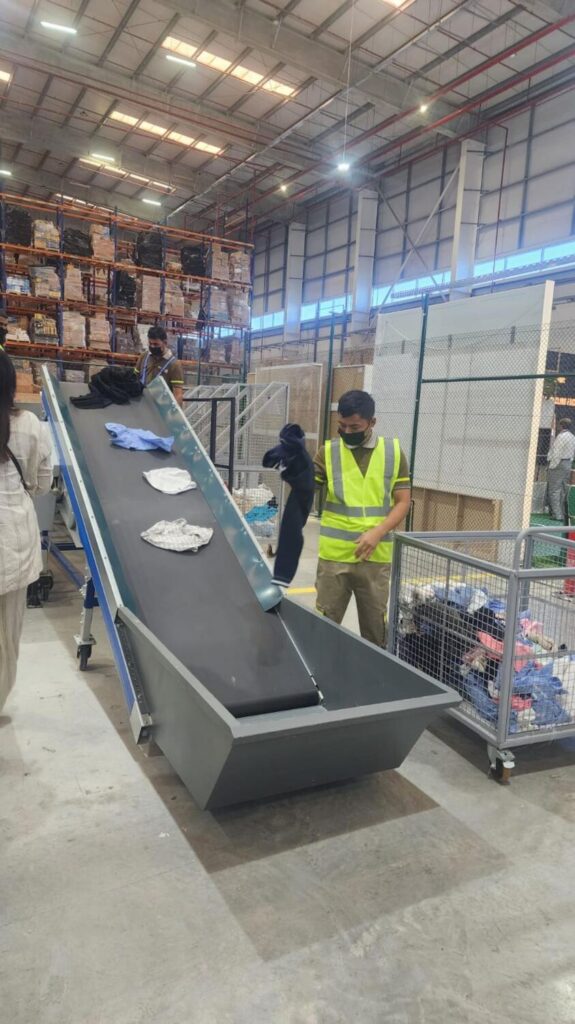
The Economic Impact: Boosting the UAE’s Global Standing
The economic benefits of this initiative extend beyond the environmental and ethical aspects. By repurposing confiscated counterfeit goods, the UAE is creating a new industry centered around sustainability and responsible manufacturing. This has the potential to generate jobs, attract investment, and boost Dubai’s status as an international business and manufacturing hub.
The project also opens new avenues for businesses to tap into sustainable product development. Companies across various industries, particularly those in fashion, electronics, and toys, could leverage this recycling process to create more eco-friendly products while adhering to the highest standards of quality and safety.
Moreover, the factory’s ability to rebrand counterfeit goods into legitimate products adds value to the UAE’s economy. This initiative presents an opportunity for the country to enhance its standing in global trade and export markets, attracting further partnerships and collaborations with other countries and businesses interested in adopting similar recycling methods.
A Model for the World: Shaping Future Policies on Counterfeits
The UAE’s innovative recycling of counterfeit goods has the potential to set a global standard for how countries and businesses deal with fake goods. By turning the issue of counterfeiting into an opportunity for innovation, sustainability, and economic growth, the UAE is leading the way in how to responsibly address a global challenge.
As the factory begins operations, it will likely inspire other nations to adopt similar strategies in tackling counterfeit goods. By showcasing the value of recycling and rebranding, the UAE is setting an example for other countries to follow, creating a ripple effect that could reshape policies and practices worldwide.
This project also underscores the UAE’s growing reputation as a leader in innovation and sustainability. It positions the country as a key player in addressing global challenges, not just through policy, but through tangible solutions that have a positive impact on society, the economy, and the environment.
The UAE’s Vision: A Future Free of Counterfeit Goods
Looking ahead, the UAE aims to continue expanding its efforts to combat counterfeiting and to create a world where fake goods are a thing of the past. The recycling and rebranding initiative is just one part of the country’s broader vision to create a secure and sustainable global marketplace. With the support of the government, local businesses, and international partners, the UAE’s efforts could lead to a future where counterfeit goods are no longer a significant problem, and sustainable, high-quality products are the norm.
The Dubai factory marks the beginning of a new chapter in the fight against fake goods, and the UAE’s leadership in this space will undoubtedly have a lasting impact on both regional and global markets.
Conclusion: A Step Toward a Sustainable Future
The UAE’s approach to recycling and rebranding fake goods is a perfect example of how a country can turn a challenge into an opportunity for innovation, sustainability, and economic growth. By leading the charge against fake goods, Dubai is not only helping to protect intellectual property and enhance consumer safety, but also contributing to a cleaner, greener future.
With this groundbreaking initiative, the UAE is showing the world that the fight against counterfeiting can be won through creative, forward-thinking solutions. As more countries and businesses adopt similar practices, the global landscape of manufacturing, trade, and sustainability could look very different in the years to come.
You can alos read about, Ministry of Family.

